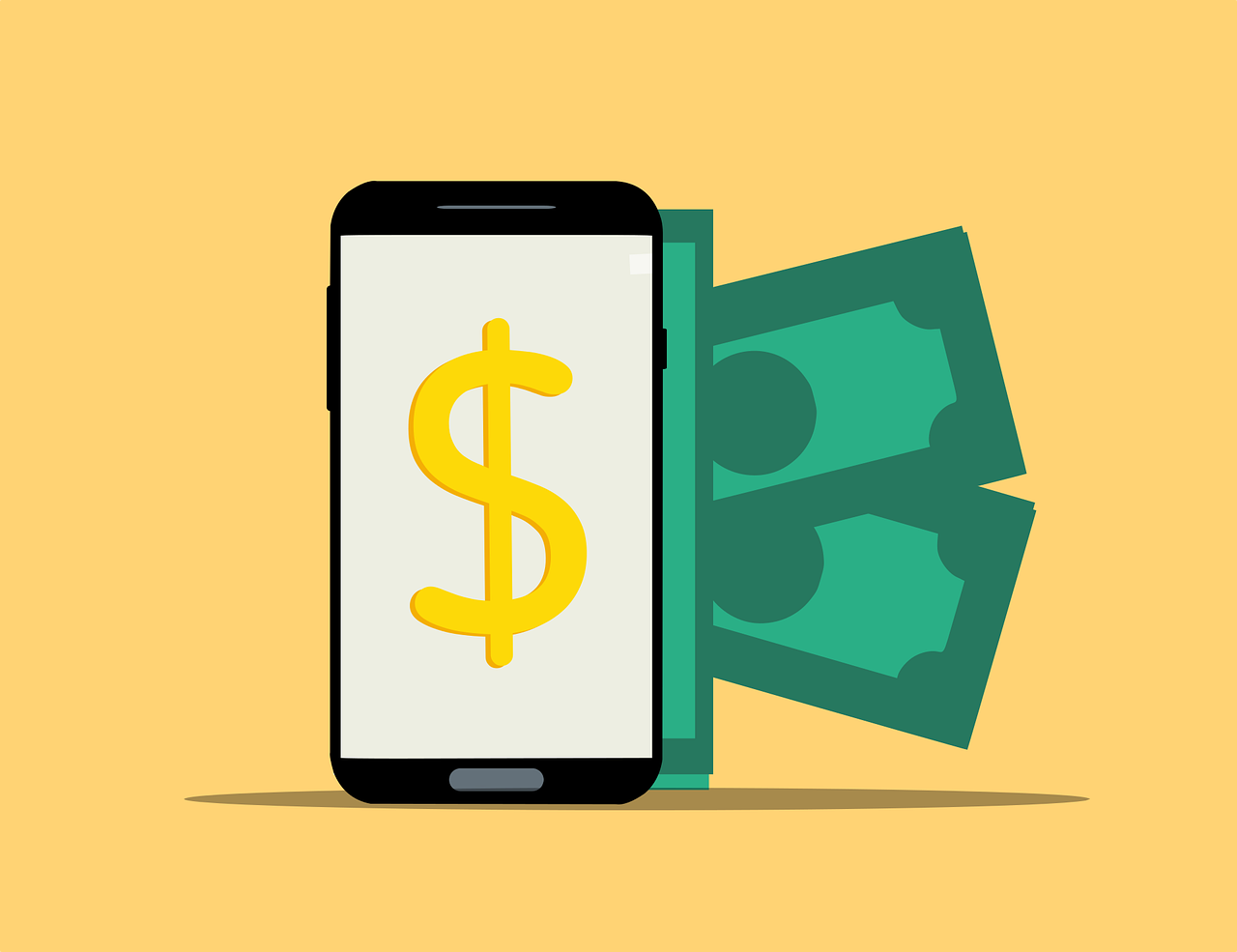
Beam & Go, a local fintech startup, gives overseas Filipino workers (OFWs) control over their remittances by allowing them to specify how much money should go to a specific purpose, such as shopping for groceries.
Its platform forwards a unique gift code to the chosen beneficiary, allowing them to spend the amount for the designated purpose.
Over 4,000 OFWs and their families have managed household finances and purchased goods, medicines, and school supplies through the startup’s solution.
“[Our] platform addresses the issue of remittance leakage and empowers their families to better manage their finances and make responsible spending decisions for the household,” said founder Jonathan E. Chua.
Beam & Go’s online marketplace contains various categories, including supermarket e-vouchers; food padala (restaurant vouchers); mobile load; medicines; and livelihood packages, such as reselling refillable (liquefied petroleum gas) canisters and stoves from Gaz Lite.
Among the vendors in its marketplace are Super8 in Luzon, Prince Hypermart in the Visayas, Gaisano Mall in Mindanao, and nationwide establishments such as Generika pharmacy and Mayani.ph fresh goods delivery.
“Over the years, we heard tales of abusive employers and scam artists, broken marriages and truant children, and mounting debt that never goes away. It made us angry,” Mr. Chua added.
It reaches its target users through referral programs, Facebook community groups among OFWs in different countries, and partnerships with foreign domestic worker agencies, non-profits, and other remittance services.
The startup also created Project SEGUIDA, a financial and social management tool for OFW spouses, children, and other beneficiaries.
Beam & Go’s OFW clients are from Singapore, Hong Kong, Japan, Taiwan, Saudi Arabia, and the United Arab Emirates. Many of them are the sole breadwinners, and belong to families with four children.
The fintech start-up received equity-free investment and technical and business mentorship under the 2020 Fintech for Impact program of Dutch multinational ING Bank and UNICEF (the United Nations Children’s Fund). — Patricia B. Mirasol



